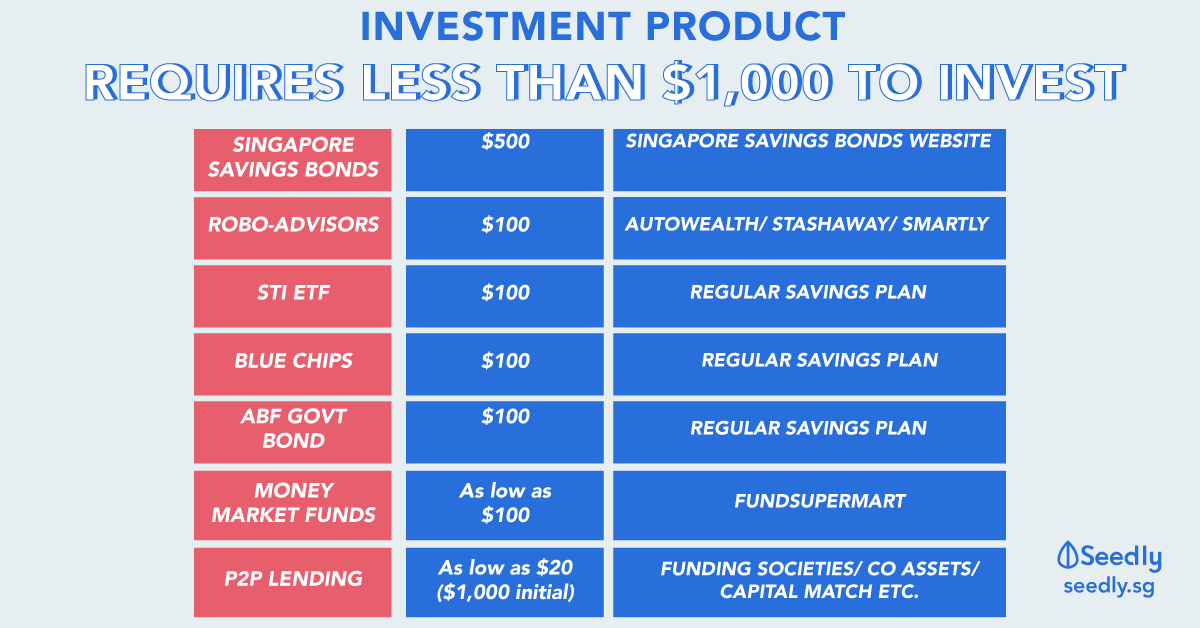Advertisement
Discussion (4)
Learn how to style your text
Reply
Save
Depends on your definition. Those who say “value investing is dead” refer to traditional metrics relying heavily on P/E, book value, EV/EBITDA etc...
I follow Warren Buffett style where in his words... “any investing is essentially value investing, at least the way we do it. You put in cash for the hope that u get more cash in future.”
“You are trying to determine how much cash can the company produce for you 10,20,30 years down the road and discount it back to find an appropriate price to pay for that investment.”
Discounted cash flow method has been working for decades and the very core of it helps you value a company, how can it not work?
That said there are it’s cons. The growth and discount rate attached to the company will vary from one investor to another. High growth companies may be difficult to value
Reply
Save
Write your thoughts
Related Articles
Related Posts
Related Posts
Advertisement








IMO, some aspects and concepts of value investing are still and prob always applicable to any investment, but needs to be adapted to fit the current era and should not be just used blindly
I feel that a good investor shld learn abt and combine several aspects of growth, value and various other types of methods known in order to make better investment decisions. Growth and Value are not necessarily contradictory or conflicting, and both a pure growth mindset without ideas of valuations or pure value mindset without understanding the company’s future prospects can be equally risky.
That said, as Jovan mentioned, some aspects of value investing are not entirely suited to today’s era. With more and more tech companies springing up, concepts like P/E and book value are not very applicable to value such nascent businesses that are likely not profitable yet and are also asset light, especially yr SaaS companies.
However, the idea of buying stocks that are undervalued to provide margin of safety and better returns is still something that investors shld keep in mind. As Buffett once noted, better to buy wonderful companies at fair price than buy fair companies at wonderful price, because companies with strong future prospects will likely outperform a stagnating or even declining company. So, one could aim to seek opportunities where the market is misunderstanding or mispricing the growth rates and future potential of a company, doing sufficient due diligence will allow one to get in early before the rest of the market catches on.